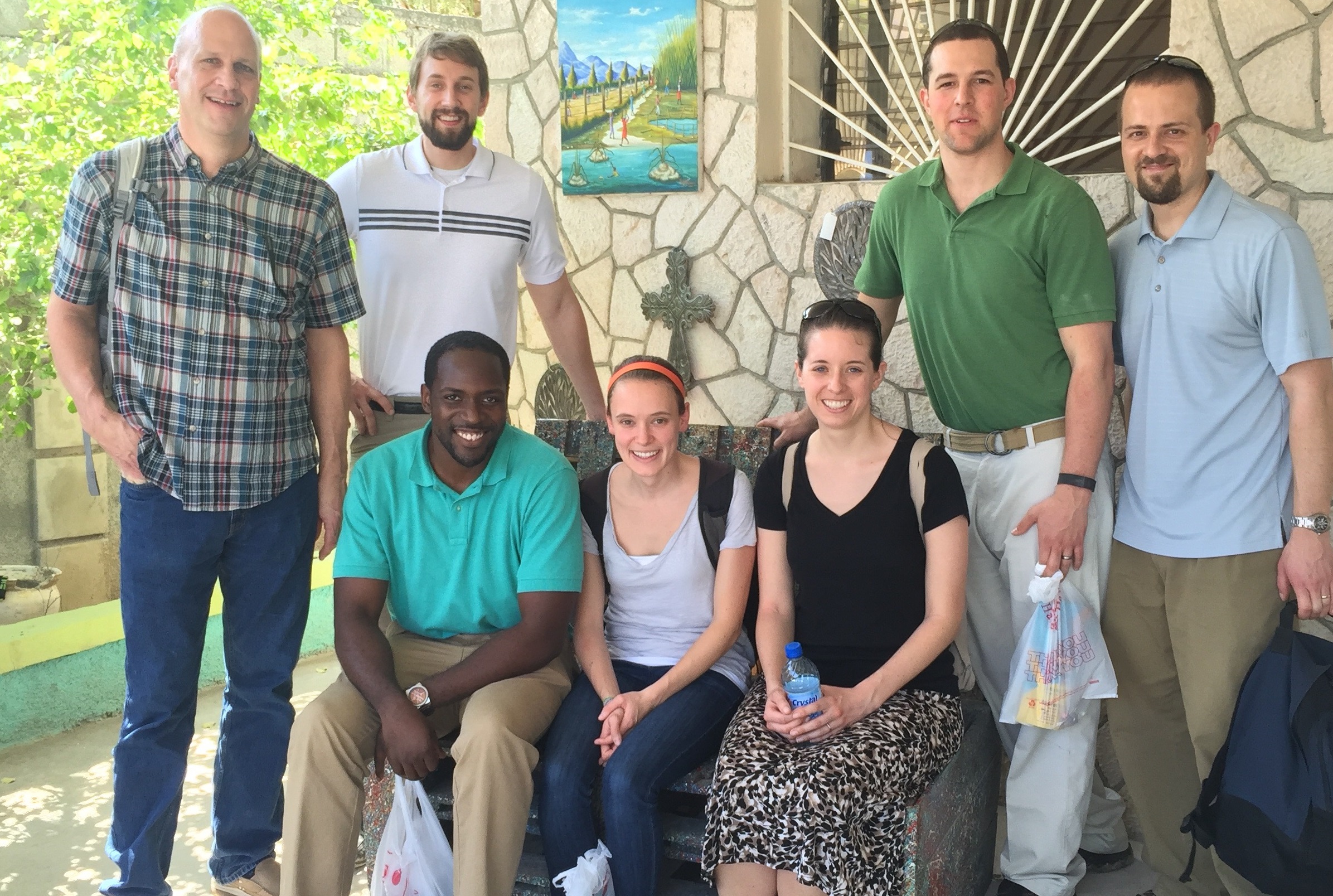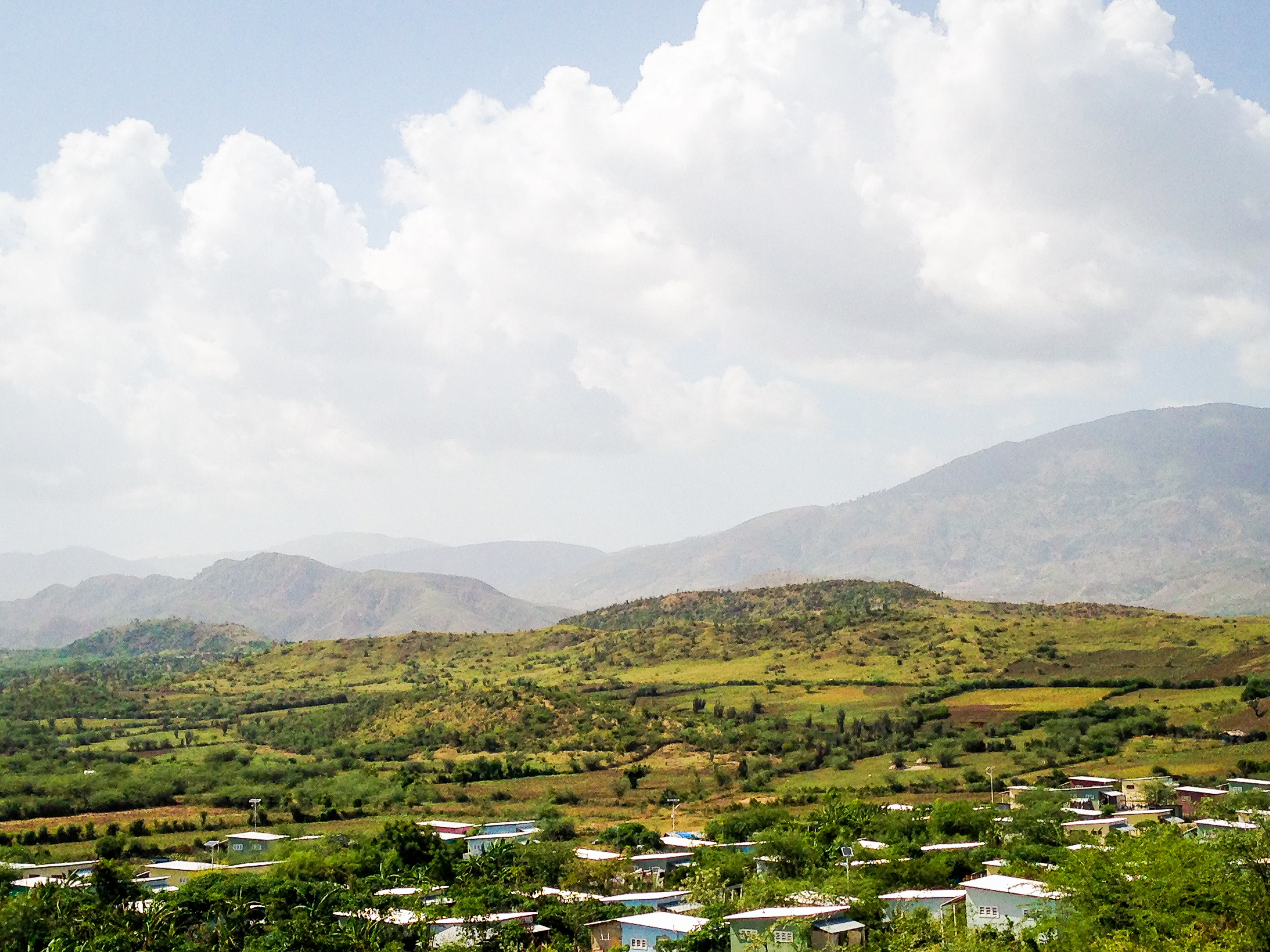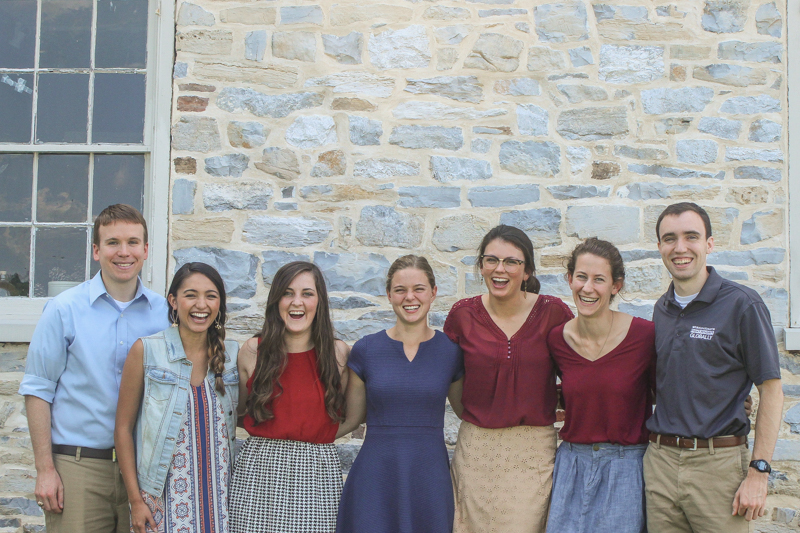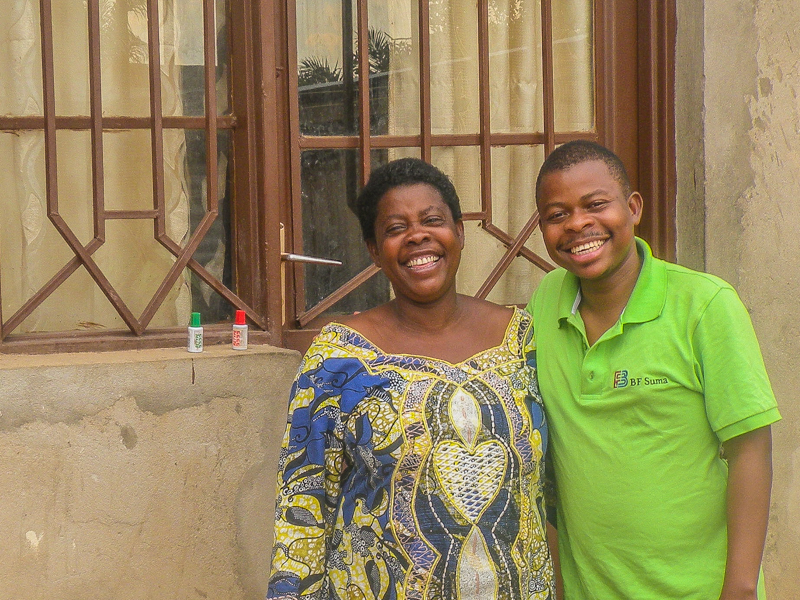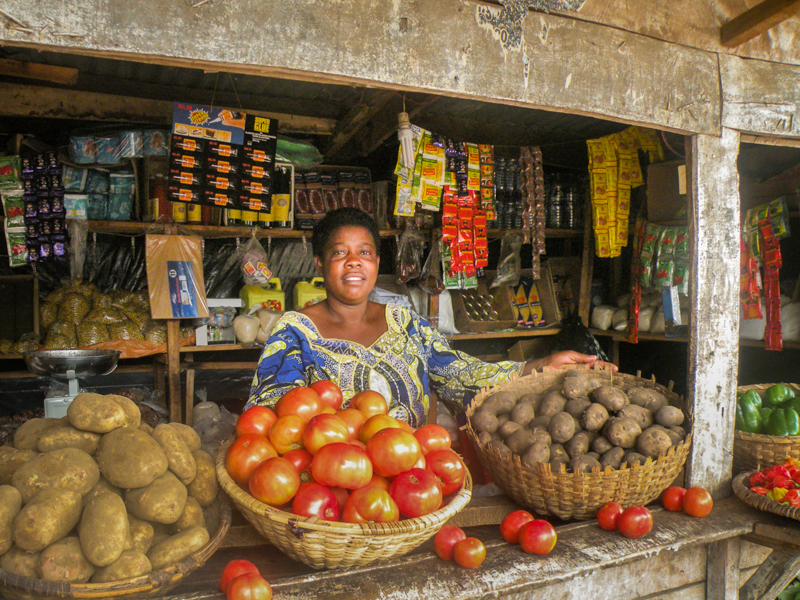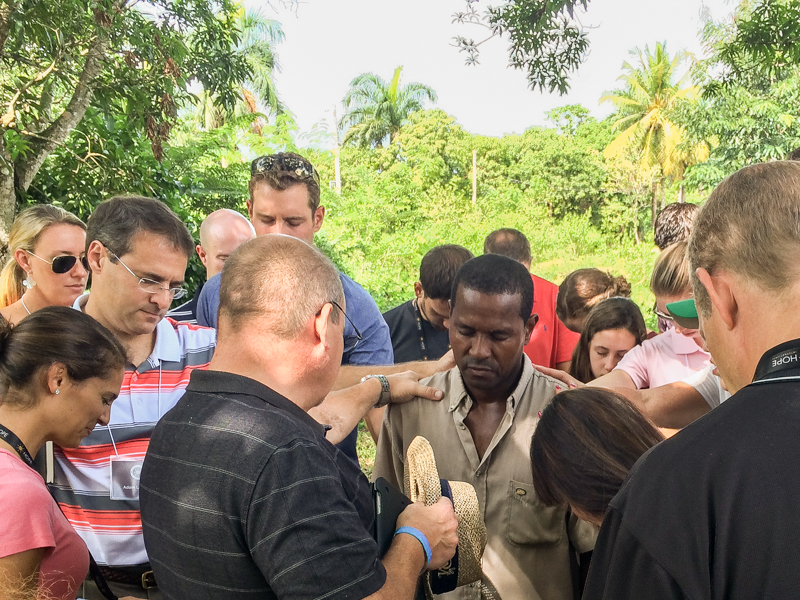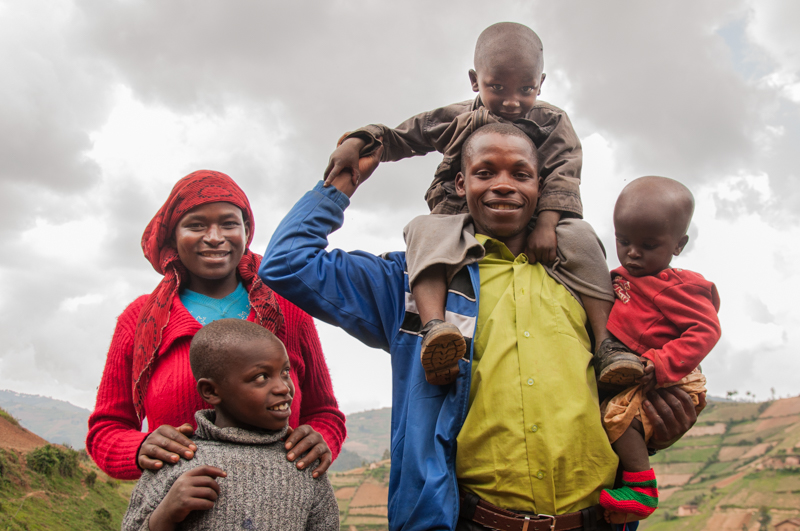At HOPE International, we appreciate everything that each member of our team does to invest in the dreams of families living in poverty. This summer, we’re excited to have 17 interns and fellows—from the crew in Lancaster, PA, to individuals around the country—joining us through our GROW program, and we want to introduce them to you! To learn more about them, we asked them a few questions:
Why did you choose to intern at HOPE?
 Claire Griffin, Recruitment and Retention Intern: “I was drawn to HOPE’s genuine focus on Christ-centeredness. It gives me joy to know my work is bigger than my peers, this organization, and myself.”
Claire Griffin, Recruitment and Retention Intern: “I was drawn to HOPE’s genuine focus on Christ-centeredness. It gives me joy to know my work is bigger than my peers, this organization, and myself.”
 Jimmy Larkin, Homes for Hope Executive Intern: “I applied because I’m interested in economic development and how it can create opportunities to present the Gospel.”
Jimmy Larkin, Homes for Hope Executive Intern: “I applied because I’m interested in economic development and how it can create opportunities to present the Gospel.”
 Jess Bauer, California Development Intern: “Reading When Helping Hurts by Brian Fikkert and Steve Corbett strengthened my convictions about how, in our attempts to help those living in poverty, we must be careful not to inadvertently harm them. I researched HOPE and saw that it seemed to be an organization that honored both God and the dignity of families living in poverty.”
Jess Bauer, California Development Intern: “Reading When Helping Hurts by Brian Fikkert and Steve Corbett strengthened my convictions about how, in our attempts to help those living in poverty, we must be careful not to inadvertently harm them. I researched HOPE and saw that it seemed to be an organization that honored both God and the dignity of families living in poverty.”
 Bill Smith, Information Technology Fellow: “I was looking for an opportunity to learn about microfinance firsthand by going to the field and meeting with the institutions and their clients. I was also looking for a position where I could provide some value to the organization with my background.”
Bill Smith, Information Technology Fellow: “I was looking for an opportunity to learn about microfinance firsthand by going to the field and meeting with the institutions and their clients. I was also looking for a position where I could provide some value to the organization with my background.”
What does a typical week at HOPE look like for you?
 Libby Tewalt, Executive Writing Intern: “Most of my work is self-directed. My mornings involve finishing up projects from the day before. After that, I make my to-do list and work on those items for the rest of the day. A couple days a week, I’ll have a meeting in between lunch and staff devotions. I reside in Intern Row, where there’s always something fun going on.”
Libby Tewalt, Executive Writing Intern: “Most of my work is self-directed. My mornings involve finishing up projects from the day before. After that, I make my to-do list and work on those items for the rest of the day. A couple days a week, I’ll have a meeting in between lunch and staff devotions. I reside in Intern Row, where there’s always something fun going on.”
 Emily Barry, Writing and Research Intern: “I attend writing team meetings, join the entire staff for prayer or devotions, and work on projects. Projects might include working on a proposal for a grant, writing client stories, or collecting prayer requests for an e-update. There have been lots of opportunities to try different things and develop new skills.”
Emily Barry, Writing and Research Intern: “I attend writing team meetings, join the entire staff for prayer or devotions, and work on projects. Projects might include working on a proposal for a grant, writing client stories, or collecting prayer requests for an e-update. There have been lots of opportunities to try different things and develop new skills.”
 Arna McArtney, Listening, Monitoring, and Evaluation Fellow: “It’s been a combination of meetings at the organizational, departmental, and team level, and a crash course in data scrubbing and analysis.”
Arna McArtney, Listening, Monitoring, and Evaluation Fellow: “It’s been a combination of meetings at the organizational, departmental, and team level, and a crash course in data scrubbing and analysis.”
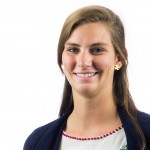 Carly Weaver, North Carolina Development Intern: “Working remotely in Durham, NC, I spend the day working on projects at our co-working space or one of my favorite coffee shops. Recently, I’ve been compiling a booklet full of information and stories about the 16 countries where we serve.”
Carly Weaver, North Carolina Development Intern: “Working remotely in Durham, NC, I spend the day working on projects at our co-working space or one of my favorite coffee shops. Recently, I’ve been compiling a booklet full of information and stories about the 16 countries where we serve.”
Continue Reading…






